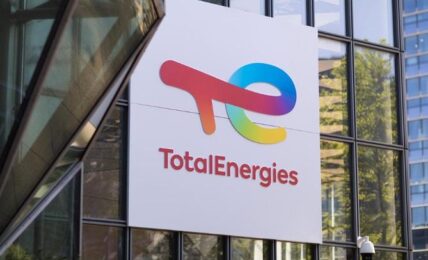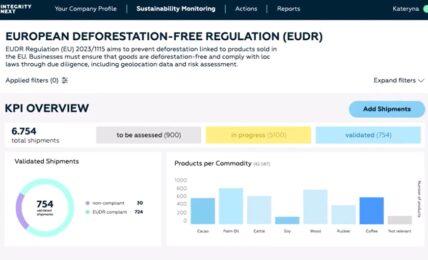Microsoft has introduced a new supplier decarbonization team focused on addressing the growing carbon footprint of its cloud and AI operations.
The new appointments include Tim Hopper, Cloud Supply Chain Sustainability Manager; Ray Waweru, Senior Program Manager, Cloud Services Sustainability; and Sofia Khan, Scope 3 Decarbonization.
Hopper has spent over 20 years at Microsoft, with his most recent roles focused on responsible sourcing and developing Microsoft’s Cloud Supply Chain strategy to help the company hit its climate goals.
Waweru joins Microsoft from Google, where he most recently served as Lead for Sustainable Procurement. Prior to joining Google, he served as Sustainable Sourcing and ESG Reporting Manager for WeWork.
Khan joins the company from Meta, where she has been serving as Net Zero Lead. She joined Meta after holding sustainability consulting-focused positions at Quantis and EY.
In a LinkedIn post announcing the new appointment, Khan said:
“I’m ecstatic to share that I’m starting a new position collaborating and innovating to decarbonize scope 3 emissions at Microsoft. I am excited to work and learn alongside talented and warm colleagues at an organization that is truly committed to sustainability and a leader in AI.”
The buildout of the new team comes as Microsoft moves to address the increasing emissions impact of its rapidly growing data center footprint. Growing supply chain emissions have emerged as a major challenge to Microsoft’s climate goals. While Microsoft has set a goal to reduce Scope 3 emissions by more than half by 2030 compared to 2020, the company recently reported that Scope 3 emissions in 2023 were actually more than 30% higher than in 2020, driven largely by significant growth in data centers to meet increasing demand for AI computing power.
Scope 3 emissions account for the vast majority – more than 96% – of Microsoft’s total emissions, including the “Purchased Goods & Services” category, which represents over 36%. The company said earlier this year that it was launching a company-wide initiative to identify and develop measures to address its Scope 3 emissions challenges. The initiatives included a new policy for some of its key suppliers to use 100% carbon-free electricity.
In a LinkedIn post announcing the new appointments, Charlie Sellars, Director, Sustainability – Cloud Operations and Innovation at Microsoft, said:
“Incredibly honored to have these three on my team to tackle those pesky Scope 3.1 “Purchased Goods and Services” carbon emissions from our cloud and AI operations.”



